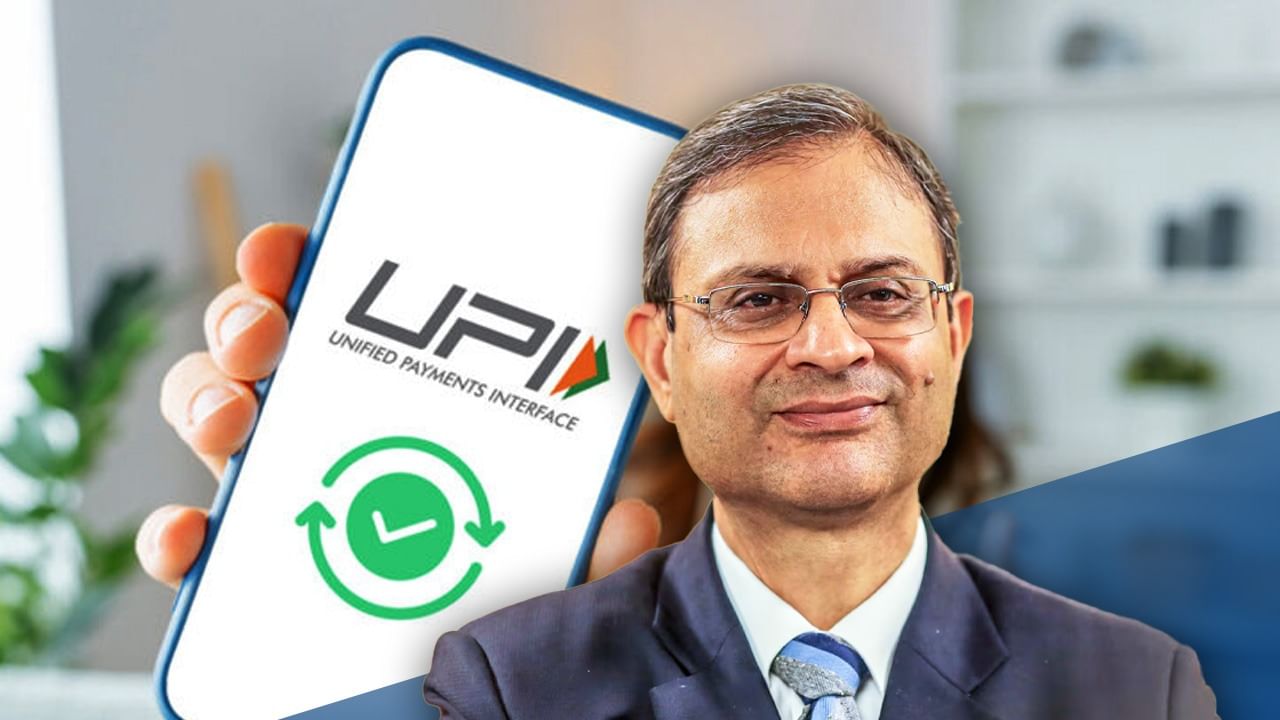Reserve Bank of India (RBI) Governor Sanjay Malhotra recently said that the service of UPI (Unified Payment Interface) cannot always be free. He clearly said that it costs to run this digital payment system, and this expense will have to bear the expenses.
The RBI Governor gave this statement in the press conference after the Monetary Policy Committee (MPC) meeting. He said, “I never said that UPI will always be free. There are costs related to this service and someone will pay it.”
Who will bear the burden of UPI’s expenses?
The governor further said that the most important thing is that this system will have to be made sustainable. Whether the government should pay or someone else, it does not matter. But the cost of this service cannot be run for a long time without payment. He said that any service is sustainable only when its cost is covered, whether it is a person, businessman, bank or government.
Zero cost model will not last long?
The RBI Governor had earlier expressed concern over this issue. At the Financial Express BFSI summit held in July 2025, he said that UPI’s Zero-Cost Model cannot last for a long time. He said that the government is currently giving subsidy to this service, due to which there is no direct expenditure on banks and other companies, but as the number of transactions is increasing, the cost is also increasing.
The model of UPI is changing the first step by ICICI Bank
Meanwhile, a big news has also come that ICICI Bank has started imposing processing fees on UPI transactions. According to an ET report, ICICI Bank will now charge the payment aggregators (PA) on the basis of transactions. If the Escro account of PA is in ICICI, then 2 basis points (₹ 100) will be charged. Maximum ₹ 6 per transaction. PAs that do not have an Escro account in ICICI will be charged up to 4 basis points. Maximum ₹ 10 per transaction. If the merchant’s account is in ICICI Bank and has been transacted with it, then no fee will be charged.
